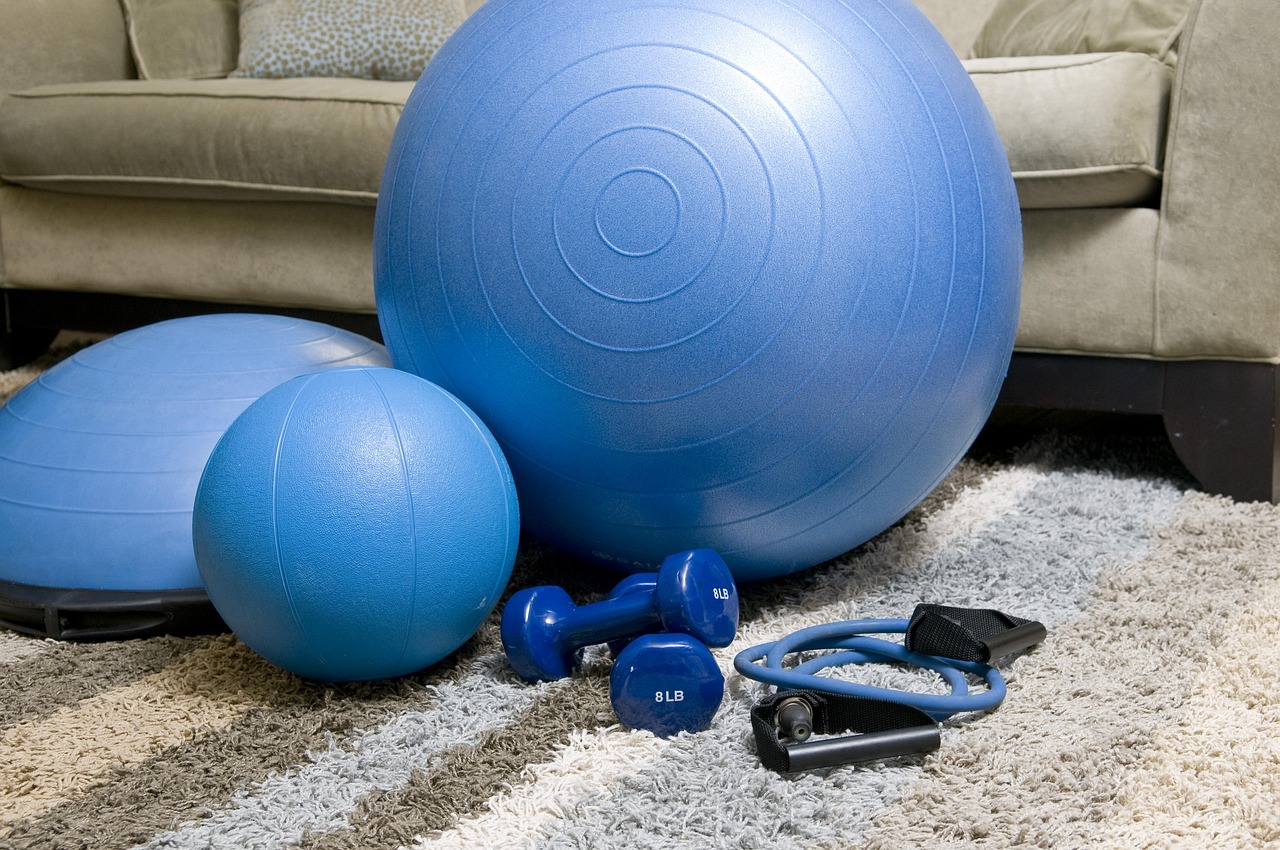
Developing–and exercising–durable CORE skills
Developing durable skills is analogous to building core strength. Just like physical core strength is key to fitness, durable skills are essential to long-term success in education, work, and life. In this post, we briefly outline why you shouldn’t neglect your core durable skills, and then provide streamlined and effective ways to develop and practice your durable skills–that don't involve planks, an exercise ball, crunches, a set of dumbbells, or hundreds of sit-ups. (Estimated reading time: 3 minutes)
By Harold Bull and Sheryl MillsWhy is a well-developed set of durable skills core for success?
Core exercises[1] can help you reach your fitness goals. Fitness gurus have long extolled the benefits and essential nature of core development for mobility, stability, flexibility and overall good physical performance. That's because weak core muscles can lead to more fatigue, less endurance, and injuries. Likewise, having a strong core of durable skills goes a long way to increasing flexibility, performance, and overall success–in all environments (i.e., work and academia). Weak core durable skills can result in decreased (job) mobility, reduced (academic) flexibility, and lower (grade) performance.
Durable skills matter–a lot more than you might think
According to America Succeeds, after reviewing over 82 million job postings, seven out of ten of the most requested skills were durable skills. In fact, 85% of job success comes from having strong durable/soft skills, while only 15% is attributed to technical knowledge. Even in technical or clinical fields, employers increasingly value these lasting, transferable abilities. The 9 Soft Skills Employers Want in 2024 | Top Resume report emphasizes that these workplace skills are now recognized to be more important than ever. Why? Because hard skills, which are perishable,[2] can become obsolete. New technologies, tools, and protocols emerge constantly, requiring retraining. Durable skills, on the other hand, aren’t perishable and don’t become obsolete—and they transfer across careers and industries. These skills do, however, need regular “exercising” to keep fit.
How to build your durable skill CORE. Create your own durable skills workout plan
Building durable skills is a lot like building muscle. Think of it this way:
“I’m working on my leadership skills today. I need a spotter—someone to give me feedback, encourage me, and maybe even challenge me a little.”
Just like physical training, developing core durable skills—like communication, empathy, critical thinking, or collaboration—takes practice, feedback, and reflection.
You're already using these skills every day—whether effectively or not, consciously or not, intentionally or not. The goal should be to consciously level up with intention.
For example, one of the durable skills in the durable skills table (DST) is time management, defined there as being “able to get tasks done–without stressing out at the end.” Examples of effective time management given in the table are: (1) creating a timeline–and following it, and (2) prioritizing tasks regularly (e.g., every morning). You could look for opportunities to intentionally practice time management skills throughout the day.
More generally, you could refer to the DST for ideas and examples. Identify the skills you want to work on. Then, actively practice those skills throughout your day/projects/coursework. Regularly reflect, review feedback, and note your progress.
Try this cycle:
- Pick a skill to practice from the DST (e.g., communication, time management).
- Look for opportunities to use this skill intentionally in real situations.
- Ask for feedback from others.
- Reflect on what worked and what didn’t.
- (Rinse and) Repeat!
Final thoughts
Don't wait for someone to make you do this. Don’t wait for somebody to say you have to do this to get 5 percent of your final mark.[3]
Be the person who takes initiative–the person who wants to do this for their own growth, development, and success. At the end of the day, don’t we all aspire to having a strong core–of durable skills–that increases our flexibility, performance, and overall success?
[1] Core exercises: Why you should strengthen your core muscles
[2] Understanding Durable vs. Perishable Skills and How to Balance Them
[3] Most assessments for marks focus on transferred information and hard/technical skills. Durable skill development requires you to take initiative for your own benefit–don’t wait for marks–do it now!

